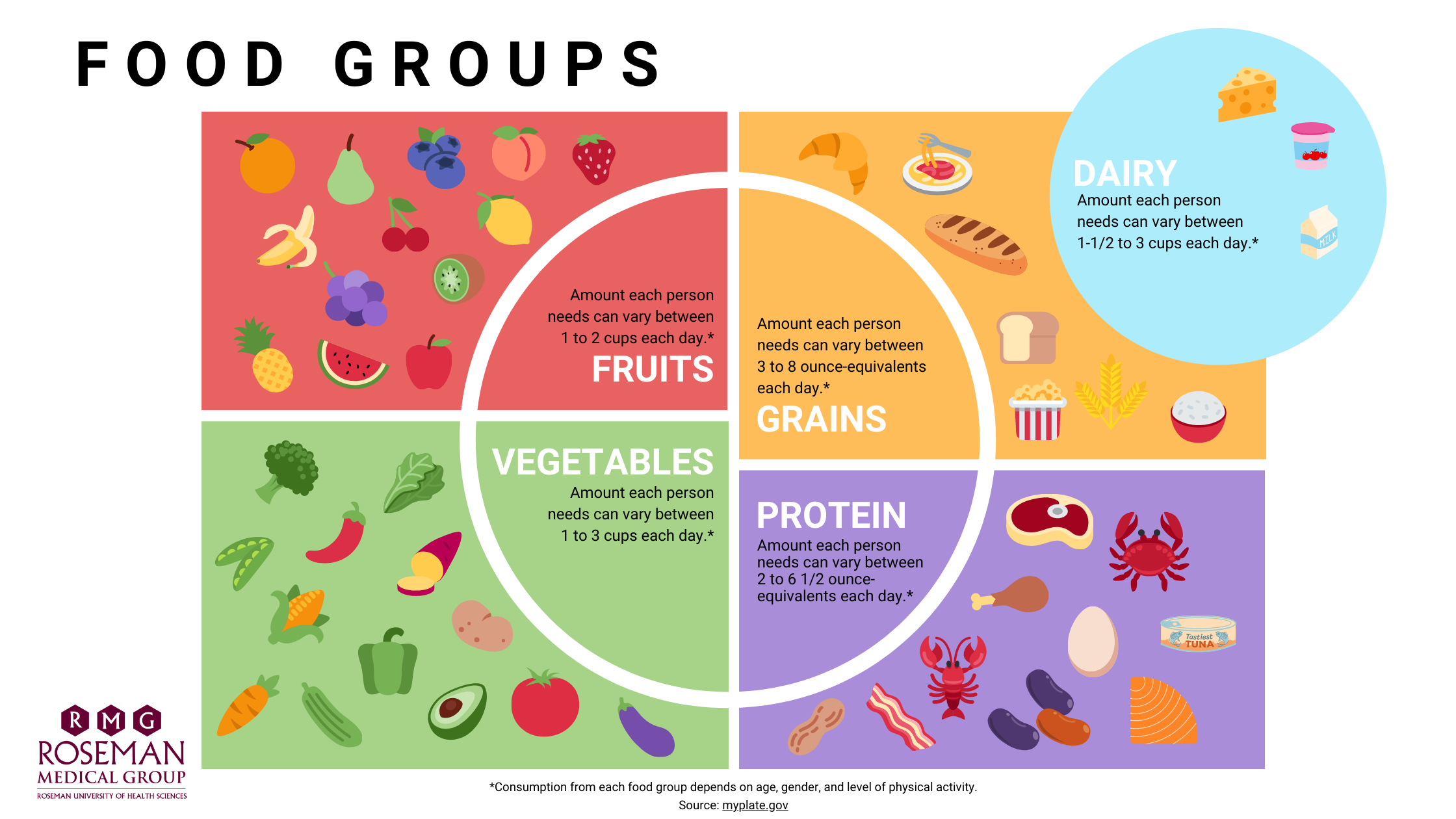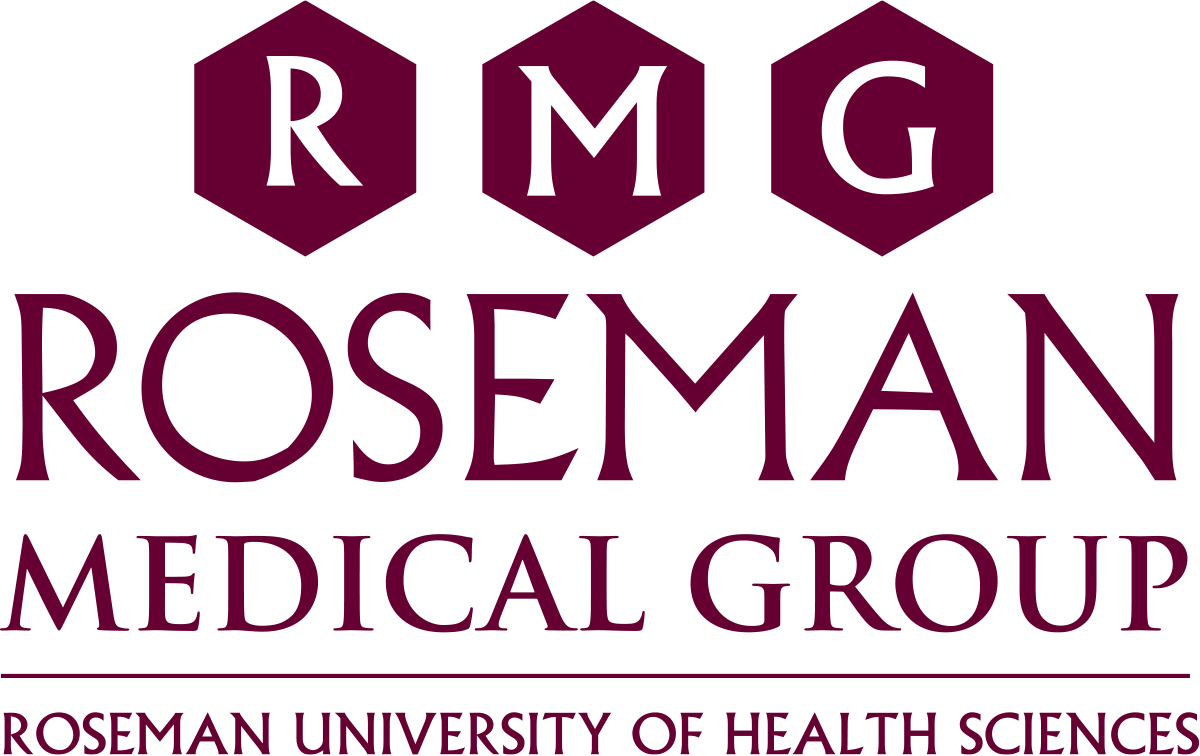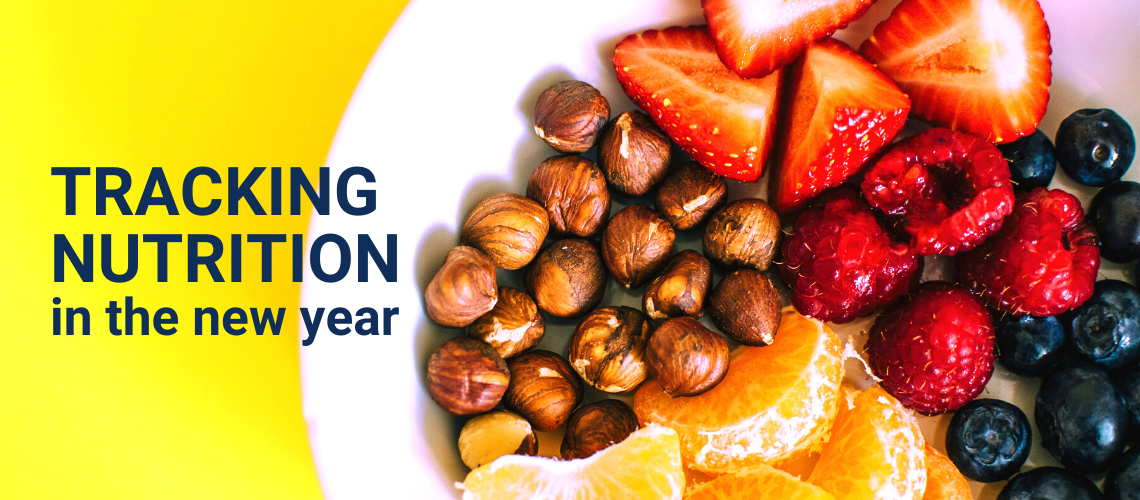It’s no surprise that a healthier lifestyle is a new year resolution for a large amount of the population. Whether you’re looking to lose weight, maintain weight, or just live a healthier lifestyle in general, nutrition plays a big factor to your overall health.
Importance of Good Nutrition
Good nutrition is essential in keeping yourself and your family healthy. When you consume a well-balanced diet, your body is better prepared to take on daily life. Not to mention it plays a huge role in your overall well-being. Good nutrition goes beyond healthy weight. Good nutrition can help:
- Reduce the risk of diseases, such as heart disease, diabetes, stroke, some cancers, and osteoporosis
- Reduce high blood pressure
- Lower high cholesterol
- Maintain your immune system
- Boost your energy level
- Improve your ability to recover from illness or injury
What is Good Nutrition?
Good nutrition consists of a balanced diet from the five major food groups – vegetables, fruits, grains, protein, and dairy. Consuming foods in these areas provides your body with nutrients, vitamins, and minerals it needs to work its best.
Getting the recommended amount of nutrient-dense foods from each group is essential to your health and well-being. According to Centers for Disease Control and Prevention (CDC), fewer than 1 in 10 children and adults eat the recommended daily amount of vegetables and 4 in 10 children and fewer than 1 in 7 adults eat enough fruit.
The amount of vegetables, fruits, grains, protein, and dairy you need to consume depends on your age, sex, and level of physical activity. For daily recommendations from the U.S. Department of Agriculture (USDA) visit myplate.gov.
Vegetables are important sources of nutrients including potassium, dietary fiber, folic acid, vitamin A, and vitamin C. Vegetables are organized into five subgroups – dark green; red and orange; beans, peas, and lentils; starchy; and other vegetables. The amount each person needs can vary between 1 and 3 cups daily.
When looking for a sweet treat, reach for nature’s candy – fruit. Fruits are low in fat, sodium, and calories. Like vegetables, they contain potassium, dietary fiber, vitamin C, and folic acid. Daily consumption can vary between 1 and 2 cups depending on age, sex, and level of physical activity.
Wheat, rice, oats, bread, pasta, and cereal are all grain products. Grains are divided into two subgroups – whole grains and refined grains. Whole grains contain the entire grain kernel, whereas refined grains have been milled. Grains are important as they include many nutrients including complex carbohydrates, dietary fiber, several B vitamins, and minerals. The amount of grains needed can vary between 3 and 8 ounce-equivalents daily. According to the USDA, at least half of the grains you eat should be whole grains.
Foods in the protein category supply nutrients vital for health and maintenance of your body. Vitamin E, B vitamins, iron, zinc, and magnesium are all provided in foods within the protein category. A good rule of thumb is to consume at least 8 ounces of seafood a week and select meat and poultry choices that are lean or low-fat. Daily consumption varies between 2 and 6 ½ ounce-equivalents. Vegetarians can meet protein intake from sources such as eggs (for ovo-vegetarians), beans, peas, lentils, nuts, nut butters, and soy products.
Dairy provides many nutrients such as calcium, phosphorus, vitamin A, vitamin D, vitamin B12, protein, potassium, and much more. Approximately 90% of Americans do not get enough dairy. From milk and yogurt to cheese and fortified soy milk, there is bound to be a source of dairy to meet your intake needs in this category. Daily intake of dairy foods depends on your age and can vary between 1 ½ to 2 cups for toddlers, 2 ½ cups for children under 10, and 3 cups for older children through adults.

Nutrition Tracking Simplified
Keeping track of your food intake helps you understand your habits and increases your likelihood to make better choices.
Tracking your nutrition is simpler than ever. With digital tools such as mobile applications (apps) and fitness devices (Fitbit, Apple Watch, etc.), tracking your nutrition and fitness habits is literally right at your fingertips. Get started on a new you in the new year by downloading any of the below free and simple mobile nutrition apps.
This easy-to-use, free app can help you make positive changes in the new year. Start Simple with MyPlate allows you to set goals within food groups, sync to your smartwatch, and see real-time progress.
MyFitnessPal is one of the most popular health and fitness apps. Track nutrition with the digital food journal by scanning product barcodes, importing meals and recipes, or searching from over 11 million foods in the database. Add your exercise activity or connect with other apps or devices to get a full view of your daily progress.
This app is one of the top-rated health and fitness apps on both Apple and Android devices. This app makes tracking nutrition easy by providing a database of over 27 million items, a barcode scan feature, and the ability to upload photos of your food. You’ll also receive reports of your behaviors and progress straight to your inbox.
Cron-o-meter can be accessed from a computer or through a mobile app. It features streamlined data entry, tracking of up to 82 micronutrients from over 300,000 foods, creation of custom foods and recipes, and the ability to log your diet, exercise, biometrics, and notes. The charts and daily breakdown within the app give a quick snapshot of your daily progress.
Fooducate helps you identify what’s in the foods you eat and how to make better choices. The barcode scanning feature allows you to add foods to your digital journal, while also providing suggestions for healthier food options. This simple app tracks your macros and provides a personalized nutrition grade for each food you input into the app.
Your health is a number one priority. Be sure to take care of your body by fueling it with healthy options from each of the food groups. A balanced diet, being physically active, and annual wellness checks are all preventative measures to take in your health journey. We’re here to help. Call us at 702-463-4040 to schedule an appointment with one of our family medicine providers.
Article by Kristine Campo


